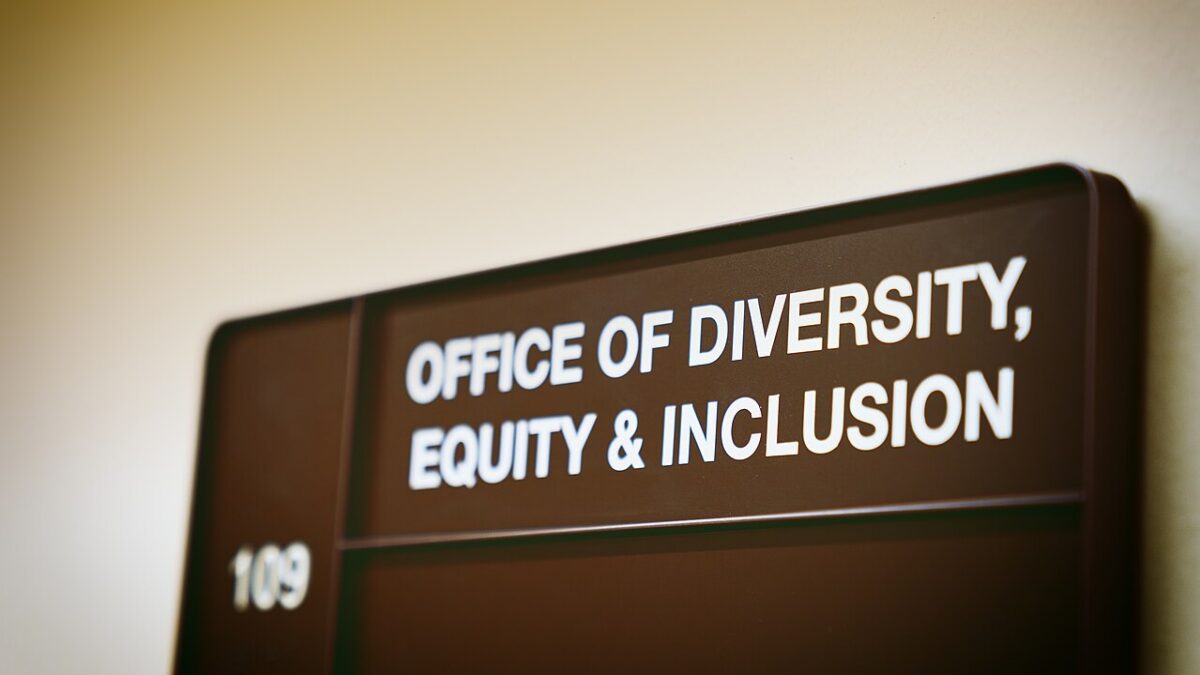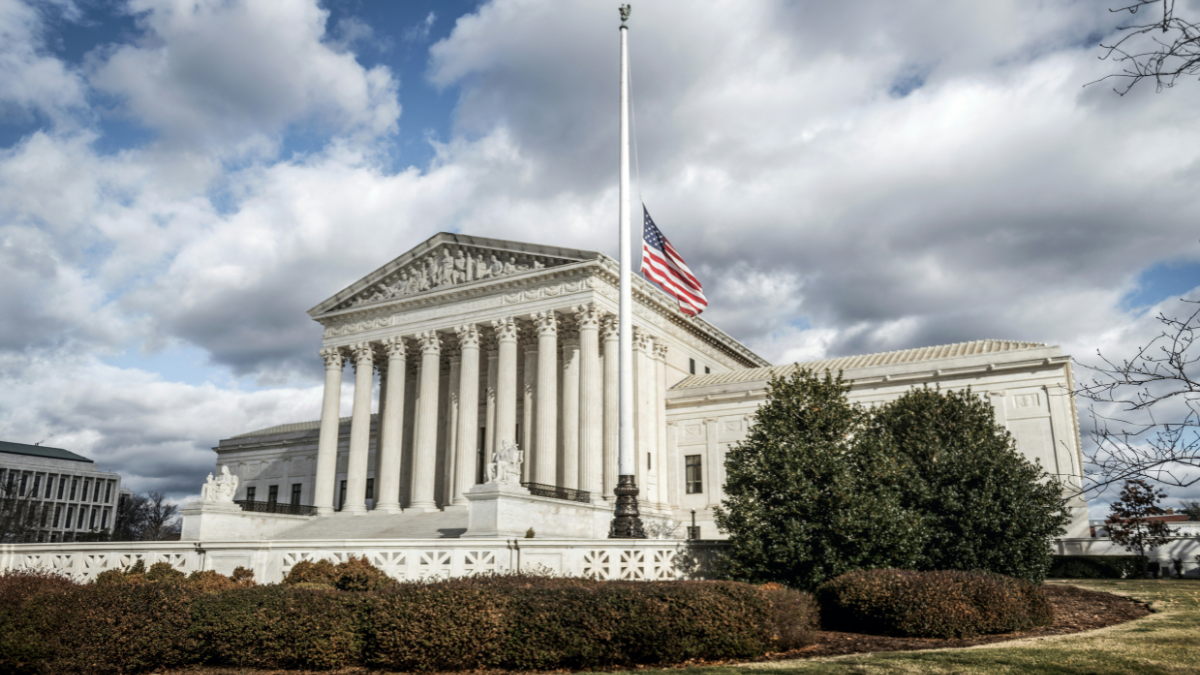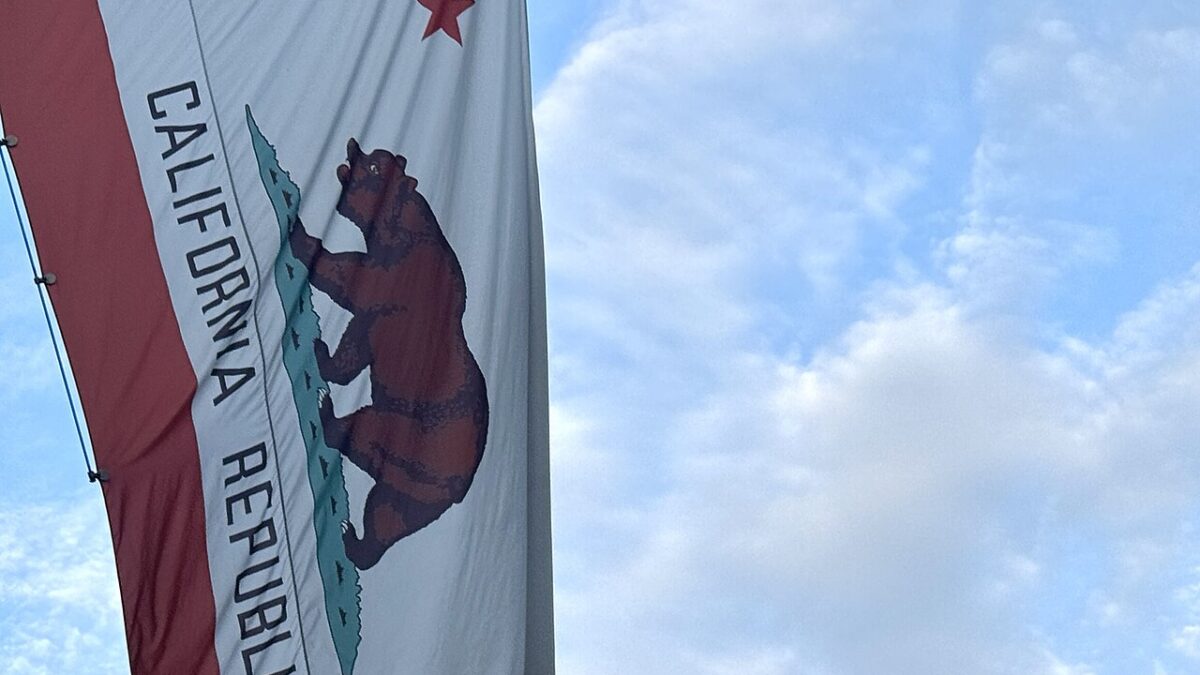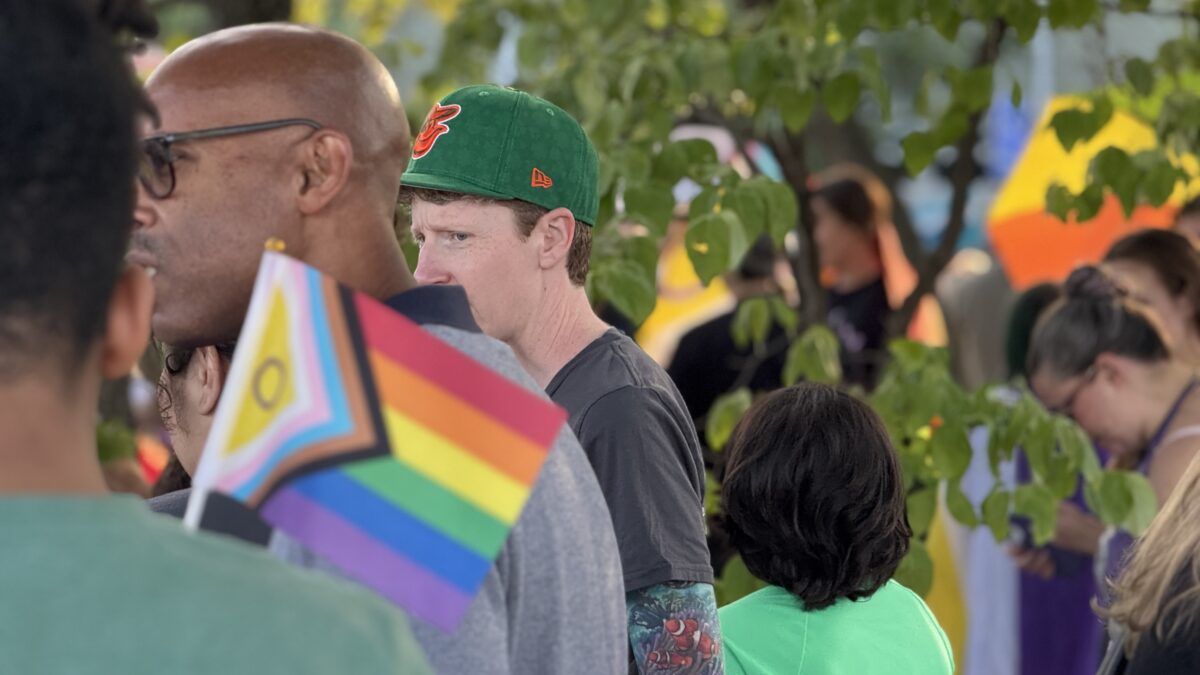
The assault on Americans’ religious liberties continues apace as two recently enacted anti-discrimination laws from the District of Columbia await congressional review. The Human Rights Amendment Act of 2014 and Reproductive Health Non-Discrimination Amendment Act of 2014 are poised to provoke more violations of conscience among the devout. The former requires religious schools to sponsor student groups that may radically oppose their doctrines and values, and the latter forbids religious organizations from allowing pro-life convictions to influence their hiring.
U.S. senators Cruz and Lankford have introduced resolutions attempting to block these laws, but it remains to be seen what, if anything, will come of them. After all, cowardice under the guise of moderation could prompt our national representatives to reject freedom of conscience even more easily than state representatives did in Indiana.
When Indiana briefly decided to support its citizens’ religious freedom (commonly referred to as “religious freedom” by the Left,) social-justice warriors were quickly frothing at their collective mouth. Sure, similar laws already existed in 20 other states and at the federal level, but after consulting the future, progressives became certain these laws were on the wrong side of history and therefore slated to go away—not grow in number.
What Failed Was Our Courage
Unfortunately, they could still be right. Every toddler knows that temper tantrums can change things, so many leftists pitched quite the fit. One pundit warned (Chicken Little-style) that, “If you’re gay, non-Christian, non-Caucasian, or could just be assumed to hold any of those or other minority statuses, you probably want to stay far away from Indiana.” Powerful CEOs decided to restrict their business activities in the briefly benighted state—apparently after having concluded that it’s more repressive than China, where they happily continue to do business. Activists warned Americans that a Religious Freedom Restoration Act (RFRA) means police will no longer protect homosexuals, doctors will no longer heal them, and firefighters will abandon their adopted babies in burning buildings. In other words, dogs and cats living together—mass hysteria.
So like mollycoddling parents, Indiana’s legislators gave in to these fascists. They gutted their new protections by making anti-discrimination laws always trump conscience. Accordingly, as DC becomes the latest (but not the last) to throw its faithful under the bus, it is not the mob of leftists and gay activists that presently need to be addressed but rather those who are tempted to give in to them out of cowardice—and indeed anyone who thinks trying to meet a lynch mob halfway will save any necks.
Certainly, the bullies from the rainbow lobby have their own reasons for hating religious liberty that go beyond cowardice. For some, it’s a simple matter of Selma envy. They have been raised according to a narrative divorced from history—one in which Christians who actually believe that their religion is true represent the Platonic ideal of the oppressor.
After all, these activists are fairly sanguine when gay bakers refuse to make cakes that support traditional marriage, when Muslim bakers refuse to bake cakes to help homosexuals pretend to be married, and even when Native American tribes make such “marriages” altogether illegal. Still others simply have seared consciences, which create a pathological need for everyone they encounter to happily celebrate their perversions. They cannot tolerate even the existence of those who would openly refuse to bless their lifestyle; all reminders that chastity is a virtue must be blotted out.
Nevertheless such extremists will always be with us, and we shall always have to deal with them. The failure of religious liberty in Indiana was ultimately due to a failure of courage among those who would try to be moderates. The extremists ranted, raved, and called them names, so the moderates supplicated to them.
If It’s Got to Be an Either-Or, Pick Religious Freedom
While the appeal of a middle way is undeniable, moderation always fails once the middle ground on an issue has been taken away by one side or another. If it was ever possible for religious freedom to coexist with anti-discrimination laws, it was only back when people wanted the government to stay out of their bedrooms.
When the rainbow lobby demanded that the government come into gay bedrooms, pat the lovers on the head, and tell them how good they are, they made that option extremely difficult. When they went further and demanded that the government send other citizens into their bedrooms to provide similar affirmation, they eliminated that option altogether. But if they have forced America to choose, then America must choose wisely. Which affords our citizens real protection and which constitutes a real threat: religious liberty or anti-discrimination?
For all their bluster, religious liberty in America is not nearly so dangerous as leftists claim. As we’ve already mentioned, the Indiana law wasn’t terribly unique. Yet none of the Americans living under those laws for decades have reported the kind of horrible oppression and mass hysteria that progressives have been screaming about.
Perhaps this is because such laws contain a broad “compelling interest” provision. Perhaps it is because all of these florists, bakers, and photographers only wish to discriminate between the types of services they provide—not between the types of people they serve. Perhaps it’s because an unwillingness to celebrate sodomy (or even a willingness to use the term sodomy) is not actually indicative of hatred at all. In other words, the baker who patiently explains to a long-time customer why she won’t fulfill this one specific service is not therefore secretly preparing her torches and pitchforks for later in the evening. In any case, recent history has shown religious liberty to be rather benign.
The same cannot be said for anti-discrimination laws—particularly where they rub against religious liberty. Whereas the ravings of liberals about religious freedom amount to collections of minor inconveniences blown out of proportion into imagined doomsday scenarios, the harm to those whose freedom has been taken away is both eminent and real. There is a growing list of individuals who have been targeted by a rainbow-colored mob—often with government assistance.
Americans Need Protection from Mobs More than from Individuals
The disparity between the danger of religious freedom and the danger of anti-discrimination can perhaps be most clearly seen in the targeting of Barronelle Stutzman—a Washington florist who refused to provide flowers for a same-sex couple’s ceremony. She was relentlessly pursued under Washington’s anti-discrimination laws, not only by the couple, but by the attorney general and by other activists who requested cakes against her conscience specifically to multiply her liability under the law. As fines and court costs mount, she is likely to lose her business, her savings, and her home.
That’s some pretty hefty retribution considering that the court determined the cost of going to another florist (which was added to her initial fine) to be a mere $7.91. Is $7.91 worth of inconvenience really a matter that requires government intervention? Is it really a matter worth destroying a grandmother’s finances and livelihood over? Any just sense of proportion says no, but the mob says yes.
If America must decide which protection is most important, then we must remember that it is not the individual from whom Americans need a protection that goes beyond simple law and order—it’s the mob. If a pizzeria doesn’t want to cater a pretend wedding, there’s always another who would be happy for the business—there are even Hollywood celebrities who will do the cooking for free. If somebody is being microaggressive, the target can simply go on with his day as mature adults do for every other kind of minor irritation they encounter.
If, on the other hand, an individual intends actual harm because of whatever one deems special about oneself, the target still possesses all the protections that he would have if this person meant him harm for any other reason. It is, for example, no more legal to kill for fun than it is to kill because of creed, race, or favorite perversion.
No; the kind of special protections that are sometimes afforded to creeds, races, and perversions are provided when there are sufficient people waiting to descend on a group like a pack of rabid dogs if they even look at someone the wrong way—kind of like how social-justice warriors behave whenever a Christian flexes her freedom of conscience. Frustrated clientele and conscience-bound shopkeepers can generally sort out their own differences like adults without any real harm to anyone. Special protections are called for only when a special danger is actually present; but in the case of religious freedom, there is an actual danger.
The disparity between $7.91 and utter financial ruin makes this clear. The difference is so vast because it is a kind of damage that can be accomplished only when government materially assists the mob. Accordingly, the appropriate response is not to shackle the individual to government-prescribed goodthink, but to reign in the government so it no longer abuses its power.
Religious Freedom Is For Everyone
This is precisely what religious exemptions do—usually in a fairly small way. RFRA laws, for example, merely require courts to thoughtfully weigh burdened religious conscience against government interest when there’s friction between the two. To be sure, this is thin protection for believers. After all, the statists who unfortunately govern our nation can find compelling interest under every blade of grass. It’s only a tiny step towards freedom, but the visceral reaction of rainbow fascists against even this small step merely underscores the need for it.
Perhaps the fact that they are out for blood is what leads them to project that aggression onto the devout. After all, it is often the thief who is most concerned about being robbed.
On top of that, freedom of conscience is for all people—not just the religious. Given how fond atheists and secular humanists are of proclaiming their superior moral fiber, you’d think they would also be concerned about having the liberty to act on it. No one wants to force a gay graphic designer to make signs in support of traditional marriage. No one wants to force a vegan tailor to work with leather or a Muslim deli to serve pork. Why, then, would we want to force a Christian florist to decorate a perverse ceremony? Why force a Christian school to sponsor an LGBTTQQFAGPBDSM club or a pro-life organization to be indifferent about an employee’s involvement in abortion?
The question that moderates must therefore ask themselves is this: Is it worth risking minor inconvenience for the sake of protecting the livelihoods and freedoms of all Americans from the mob; or is it better to hand the livelihoods and freedoms of all Americans over to that same mob to protect them against minor inconveniences?
The question has a clear answer. Cowardice alone muddies the waters, for no one wants to draw the ire of the rainbow fascists and their media mouthpieces. But supplication will not allow the moderates to stay out of it. The mob has already made it clear that they think tolerance is for chumps; nothing less than mandatory celebration will satisfy them. Moderates will never be able to reason with them nor appear reasonable to them. They will never be spoken well of or respected by the mob until they join it. In the end, the moderate will have no choice but to be on one side or the other; his only real choice is which side.
There has been a great deal of talk about being on the right side of history, but this is a meaningless sentiment. When it comes to such matters, history flip-flops more than a career politician. When the End comes, history will not be our Judge. The more meaningful place to be is on the right side of justice and freedom. One ought not let his fear of the mob steer him away from that when religious liberty is targeted in his community.








